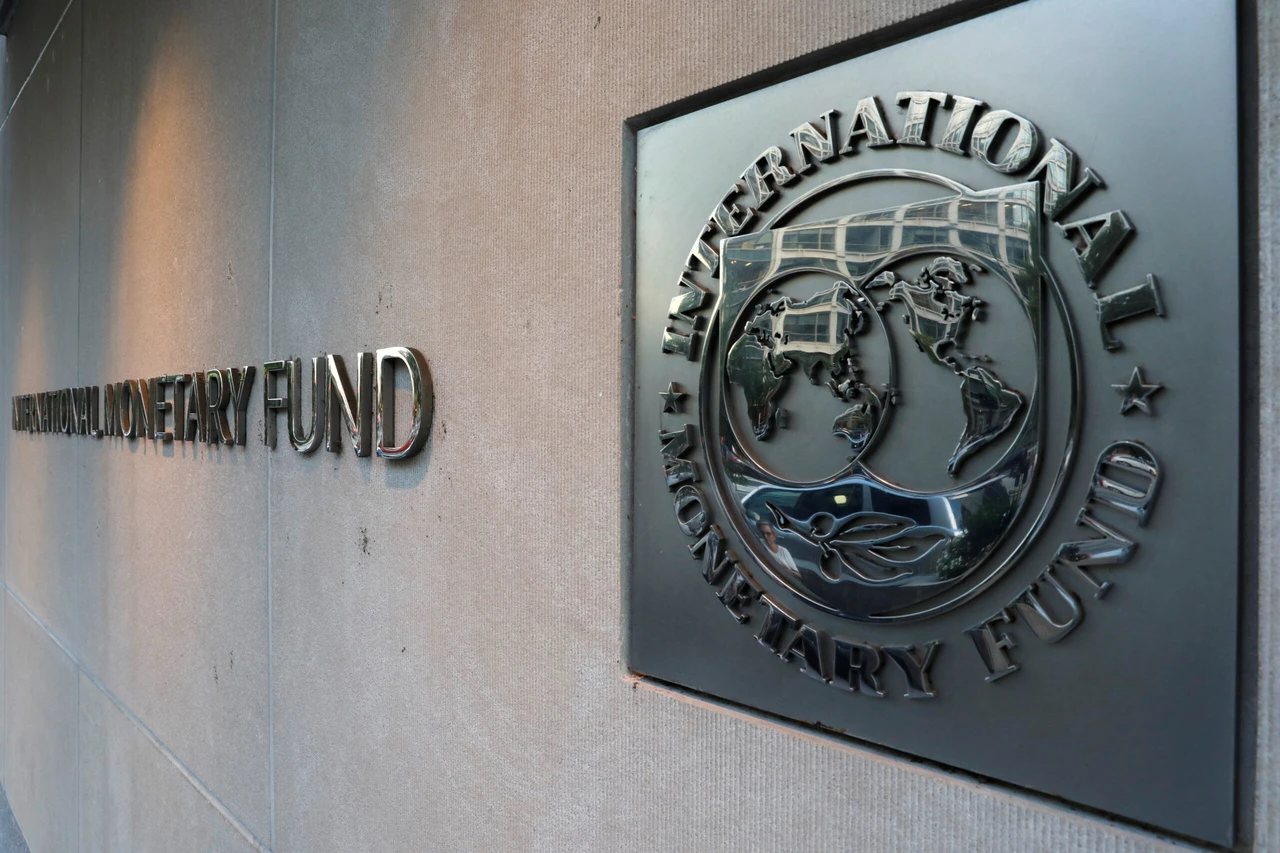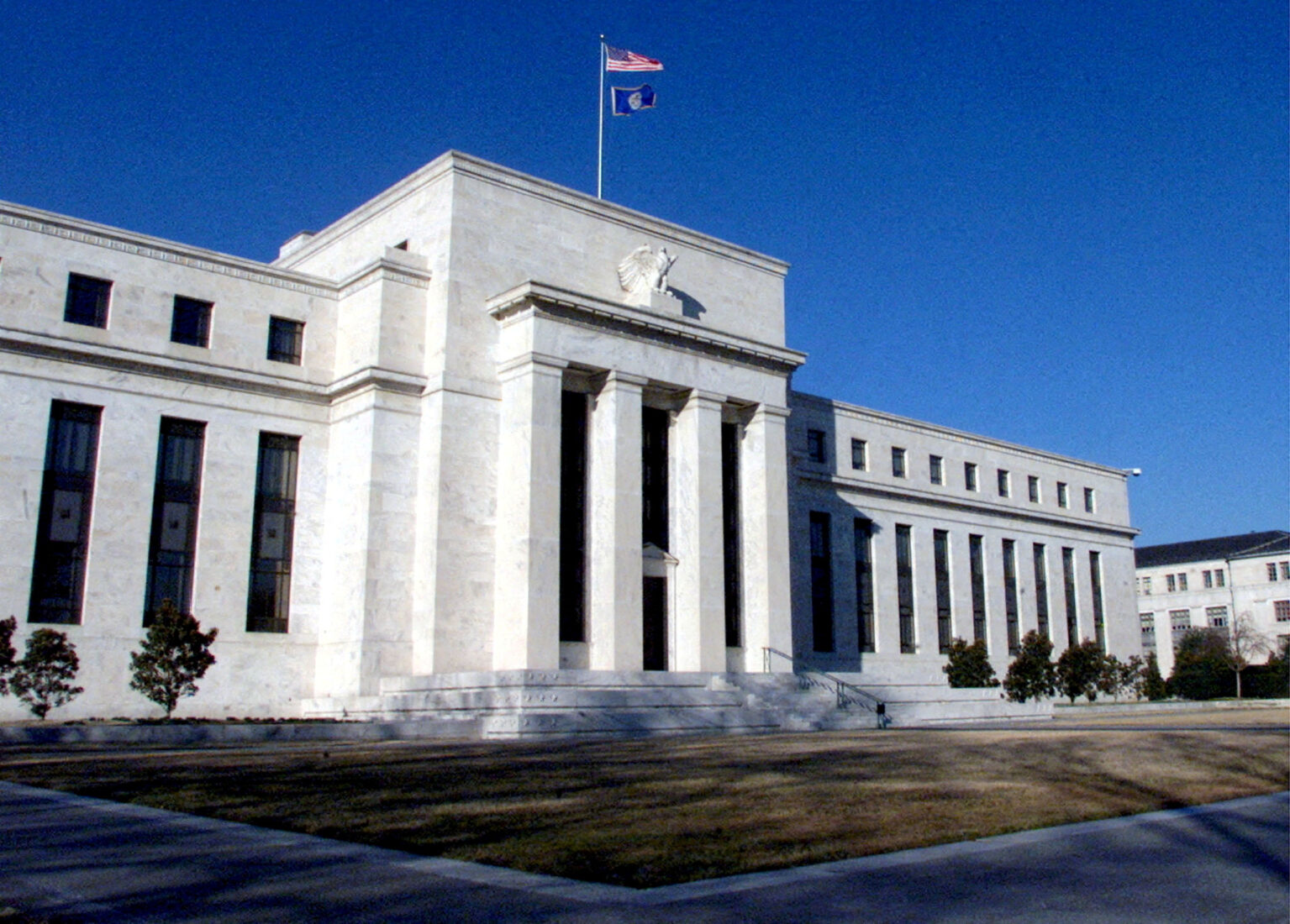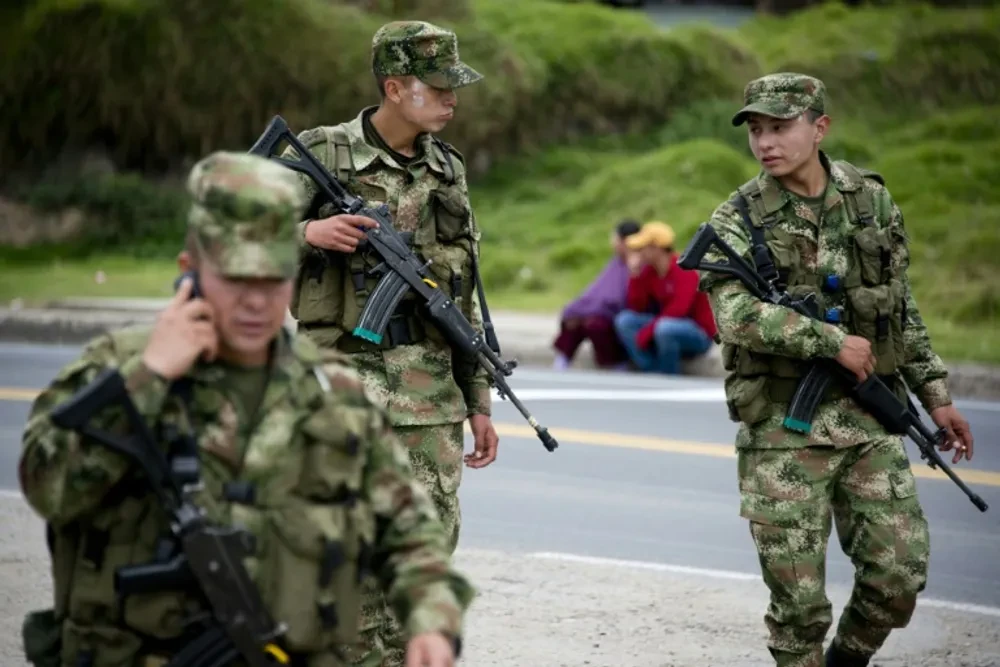IMF warns of escalating Middle East conflicts, cites economic risks
 International Monetary Fund (IMF) logo is seen outside the headquarters building in Washington, U.S. (Reuters/Yuri Gripas)
International Monetary Fund (IMF) logo is seen outside the headquarters building in Washington, U.S. (Reuters/Yuri Gripas)
Julie Kozack, spokesperson for the International Monetary Fund (IMF), raised concerns over the potential escalation of conflicts in the Middle East, highlighting the resulting risks and uncertainties that could have significant economic consequences for the region and beyond.
During a press briefing, Kozack stated, “The possibility of further escalation in the conflict increases risks and uncertainties, which could lead to significant economic consequences for the region and beyond. It’s too early to fully assess the economic impact, but we know that the economy is at the heart of the conflict.”
Economic impact of conflicts in Gaza, West Bank, Lebanon and Israel
Kozack emphasized the severe economic impact the conflicts have had on Gaza, the West Bank, Lebanon and Israel.
“The conflict over the past year has had a devastating effect on the economies of the West Bank and Gaza,” she said.
In the West Bank, gross domestic product (GDP) plummeted by 25% in the first half of the year. Gaza continues to struggle with dire socioeconomic conditions, including a humanitarian crisis and insufficient aid distribution.
Lebanon, already facing macroeconomic instability, has seen its fragile situation worsen due to intensified conflicts. In Israel, GDP shrank by 20% in the last quarter of last year, but the country has experienced partial recovery in the first half of this year.

IMF projects economic outlook amid regional conflicts
Kozack noted that the IMF’s projections for regional economies would be updated in the upcoming World Economic Outlook report, scheduled for release during the IMF-World Bank Annual Meetings.
The regional economic outlook report will also provide detailed forecasts.

Inflation, US economy stabilization efforts praised
Shifting focus to the United States, Kozack praised the Federal Reserve’s actions in bringing inflation down, noting that inflation is on track to meet the 2% target.
“The Fed is acting appropriately in terms of monetary policy measures,” she said, forecasting core personal consumption expenditures (PCE) inflation to hit 2.5% by the end of the year and 2% by mid-2025.
Kozack also commented on the Fed’s cautious approach to easing monetary policy, calling on the central bank to continue making data-driven decisions on a meeting-to-meeting basis.
Regarding the labor strikes at U.S. East Coast ports, Kozack acknowledged the potential for disruption in global supply chains. She expressed hope for a swift resolution to minimize the strike’s impact on global trade.

IMF recommendations for Japan’s monetary policy
Kozack also addressed the actions of the Bank of Japan (BoJ), acknowledging its steps toward normalizing monetary policy. She recommended the BoJ remain data-focused and gradually raise interest rates in alignment with inflation expectations.



